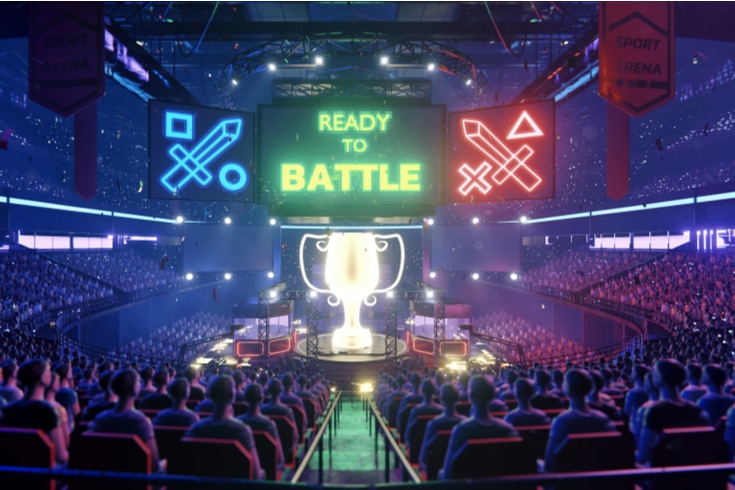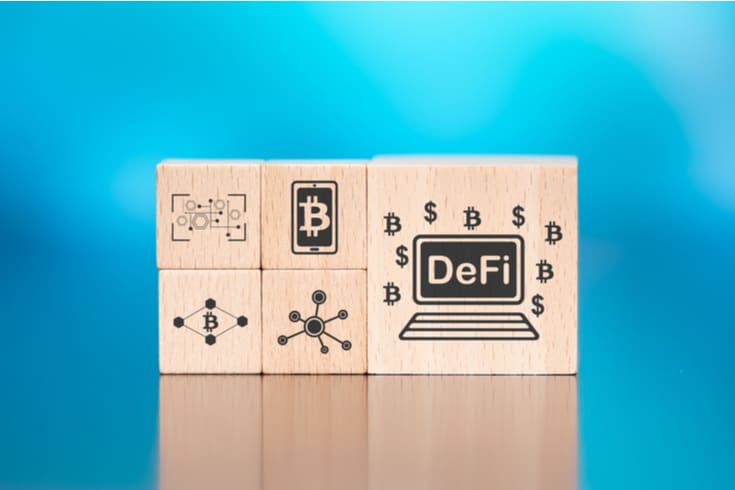Summary: Explaining Key Points for Companies Entering the eSports Industry to Avoid Legal Violations

The esports industry has been rapidly expanding in recent years, and its popularity is gradually catching on in Japan as well, with many tournaments being held. Along with the growth of the market, there are also cases of companies unrelated to gaming entering the esports industry.
In this article, we would like to introduce some points for companies considering entering the esports industry to be aware of.
Things to Consider When Hosting eSports Events
When a company hosts an eSports tournament, the Japanese “Premiums and Representations Act” (景品表示法) may come into play. This law could potentially limit the amount of prize money to 100,000 yen.

What is the Premiums and Representations Act?
The Premiums and Representations Act, officially known as the “Act against Unjustifiable Premiums and Misleading Representations” (不当景品類及び不当表示防止法), generally regulates practices such as making false representations about goods or services, or attracting customers by offering excessively high premiums.
The issue that arises in relation to hosting game tournaments is the latter aspect, namely the prohibition of offering “excessively high premiums”.
Prohibition of Excessively High Premiums
The prohibition of “excessively high premiums” typically envisages, for example, sweepstakes conducted for purchasers of sweets. To give an extreme example, if a campaign is conducted for a 100 yen sweet, saying “If you participate in the sweepstakes using the entry ticket inside the package and win the first prize, you will get 1 million yen!”, such excessive premiums/prizes could escalate competition, leading manufacturers to focus less on competition through the product itself, potentially disadvantaging consumers. The Premiums and Representations Act regulates such campaigns using “sweepstakes”. As a conclusion, the maximum amount of premiums including prize money and sweepstakes is set at:
- Up to 20 times the price if the transaction value of the product is less than 5,000 yen
- Up to 100,000 yen if the transaction value of the product is 5,000 yen or more
That’s how it’s set.
https://monolith.law/corporate/prize-money-limit-for-e-sports-competitions[ja]
So, what exactly is a “sweepstakes”? According to the Sweepstakes Limitation Notice, it is a method of determining the recipient or the amount of premiums by using a lottery or other chance-based method, or by judging the superiority or correctness of a specific act.
The Notice also lists methods of determining the recipient of premiums, etc., based on the superiority or correctness of a specific act, such as bowling, fishing, contests, competitions, performances, or games. From this, it is possible that the prize money in eSports tournaments could be considered as being provided through a “sweepstakes”.
On the other hand, the Notice excludes methods of determining the recipient based on the superiority of the transaction volume or other transaction conditions of the counterpart business operator, such as sales contests and display contests. This is because it is not appropriate to subject the provision of prize money for the purpose of transaction performance or sales promotion to premium regulation as a “sweepstakes” in light of the purpose of the Sweepstakes Limitation Notice. For this reason, there is also a view that the prize money in eSports tournaments does not fall under the “sweepstakes” in the Sweepstakes Limitation Notice.
As such, there can be two sides to whether or not it falls under “sweepstakes”. The applicability of “sweepstakes” is a case-by-case issue, so it is recommended to consult with an expert.
https://monolith.law/corporate/e-sports-precautions-organizer[ja]
Does eSports Fall Under “Gambling”?

If the tournament organizer is merely providing a venue, there is no problem. However, if they are hosting an eSports tournament and making a profit, it is important to determine whether the method of hosting the eSports tournament falls under “gambling”.
There are several ways to legally host an eSports tournament.
Do Not Collect Participation Fees
In this case, participants do not lose any of their “property or property-based benefits” even if they lose the match, so it does not fall under “gambling”.
Collect Participation Fees, But Distinguish Between the Source of Participation Fees and Prize Money
The safest way is not to collect participation fees, but hosting an eSports tournament requires a certain amount of expenses, so it is conceivable to collect participation fees.
In that case, if the participation fees and the source of the prize money are clearly distinguished and used for tournament operating expenses other than the prize money, it is less likely to be judged as “gambling”.
Collect Participation Fees, But Have the Prize Money Paid Directly by Sponsors, etc.
If the prize money is paid directly by a third party such as a sponsor, even if participation fees are collected, it is clear that they are not used as the source of the prize money, so it is less likely to be judged as “gambling”.
Of course, even if any of the above applies, if participants are betting their own property or property-based benefits, the tournament organizer may be charged with “gambling promotion for profit”.
https://monolith.law/corporate/esports-tournament-prize-money-gambling-offenses[ja]
Summary
In this article, we have outlined several key points for companies considering entering the e-sports industry.
E-sports is one of the sports and competitions that has been gaining popularity recently. As it is a new business field, there are aspects where regulations are not yet fully established.
However, there are existing regulations that should be taken into account in the current situation, and violating these regulations could potentially result in penalties.
Therefore, in order to host and manage e-sports tournaments, it is crucial to ensure compliance with relevant laws, for example, by comparing the structure of the tournament you are hosting and managing.
Category: IT
Tag: ITTerms of Use





















